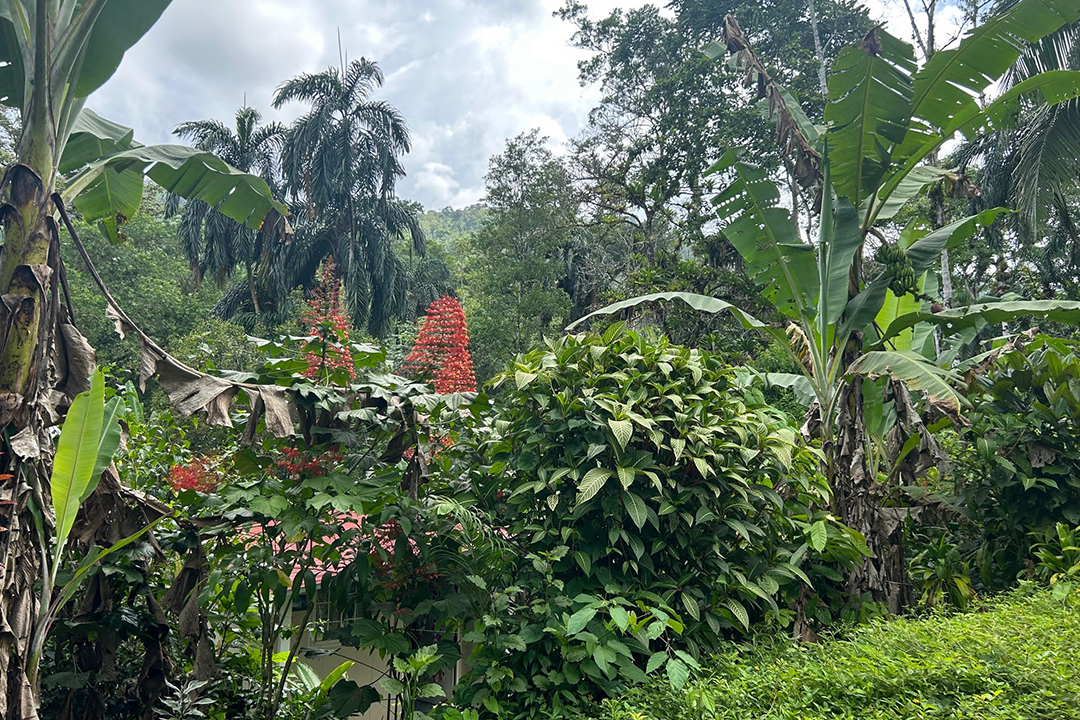During a 23 October event, attendees reflected on different approaches to achieve gender equality in the context of global biodiversity targets, particularly Target 23 of the Kunming-Montreal Global Biodiversity Framework (GBF), on ensuring equitable participation and gender equality in implementing the GBF.
Held during the 2024 UN Biodiversity Conference (CBD COP 16), the event on identifying effective approaches for gender-responsive implementation of the GBF cited the CGIAR policy brief titled, ‘Placing Gender Equality at the Heart of the Implementation of the Kunming-Montreal Global Biodiversity Framework,’ as the basis for discussions during the event. The event’s first panel considered the full and effective participation of grassroots women in all actions at all levels, with presentations from representatives of Antigua and Barbuda and the Lao People’s Democratic Republic (PDR), among others. A second panel focused on strengthening capacity, where one speaker highlighted the importance of empowering women and girls to have access to information, decision makers and decision making, and implementing institutions.
During both panels, participants shared their views and experiences on strengthening women’s capacities so they can effectively participate in high-level discussions. They also highlighted challenges women face that exclude them from decision making, and how balance can be achieved considering the unique circumstances and vulnerabilities of women and Indigenous communities.
The event was organized by CGIAR with the support of several other organizations.
On 24 October, an event on access and benefit-sharing (ABS) of genetic resources and associated traditional knowledge highlighted the contribution of the Brogota Project in helping stakeholders understand and compare ABS laws and legislations.
The Brogota Project provides access to ABS legislation in 198 countries, examines and compares such laws and legislation, serves as an online platform for ABS rules, and was created to facilitate access to this information. With one speaker noting the Project found that national legislations vary, another cited challenges regarding ABS standards, including difficulties in understanding basic concepts relating to ABS and the lack of clear rules and guidance for implementing standards.
One speaker referred to the Belém Declaration, which highlights the key role of Indigenous Peoples and local and traditional communities in conserving biodiversity and natural resources in the Amazon region. He said that under the Amazon Cooperation Treaty Organization (OTCA), Indigenous Peoples have the mechanism, forum, and platform to address issues relating to sustainability of the Amazon, which is also important for the Brogota Platform. Another highlighted the ABS Clearing-House of the Convention on Biological Diversity (CBD), a key tool for facilitating implementation of the Nagoya Protocol on ABS.
The event was organized by GSS (an impact development company), Confederação Nacional da Indústria, Natura, Amyris, and TozziniFreire Advogados.

